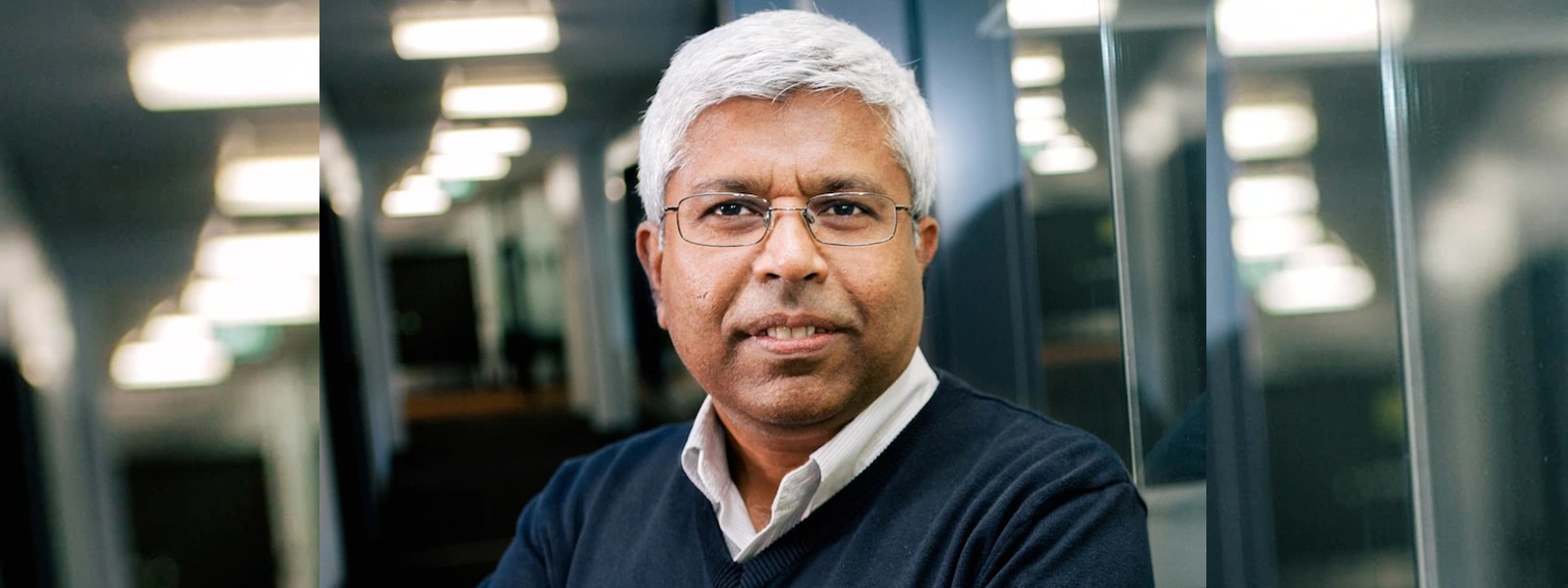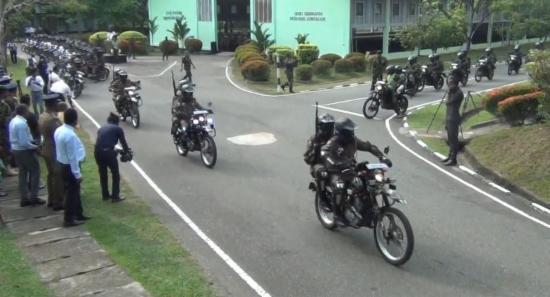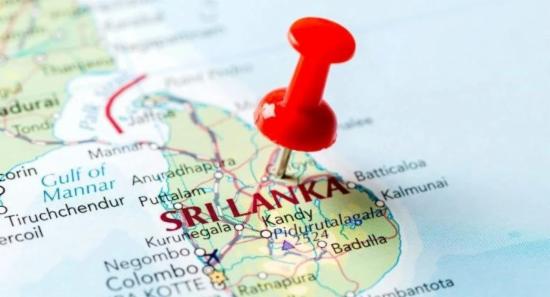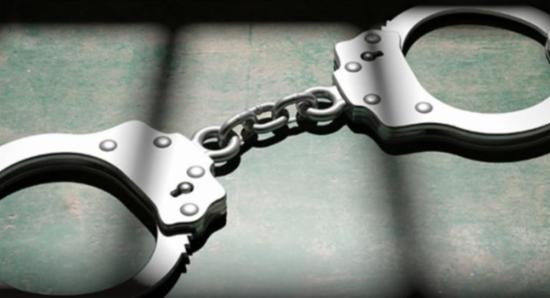.webp)

Sri Lankan professor gets $179 mn for COVID app
(ABC) - In late September it was reported that a Brisbane-based company that invented a smartphone app it says can diagnose COVID-19 and other respiratory illnesses by listening to someone cough was purchased by Pfizer for nearly $180 million.
ResApp Health Limited uses diagnostic technology developed by Associate Professor Udantha Abeyratne and his research team at the University of Queensland (UQ) to record and analyse a patient's coughs on a smartphone.
The app also considers the self-reporting of simple symptoms like a runny nose or fever to diagnose and measure the severity of a range of pulmonary diseases, including asthma and pneumonia.
Dr Abeyratne, from the School of Information Technology and Electrical Engineering, said the research that led to the breakthrough began more than a decade ago with grant funding from the Bill and Melinda Gates Foundation.
“When I open up my lungs, open up the airway, that is what I call an ‘information super highway’, so I wondered whether it’s possible to use cough sounds, advanced signal processing and AI technology to pick out features,” he said.
“From the very beginning, I had a big vision to develop scalable, cheap technologies to diagnose pulmonary diseases all over the world – not only in remote sub-Saharan Africa, but even in developed urban cities like New York and Brisbane.”
Dr Abeyratne said the smartphone technology, which was developed in consultation with medical practitioners, operates similarly to a doctor using a stethoscope to listen for sounds produced by a patient’s body.
“The diagnosis comes immediately, within a minute or so, telling the patient whether they have a particular disease, using only their smartphone – nothing else – and there’s no need for a network connection either,” he said.A Pfizer spokesperson said ResApp’s solutions in respiratory health align well with their own areas of focus.
“As the world becomes more digitally connected, and as respiratory illnesses — including COVID-19 — increasingly threatens the global population, digital apps provide consumers and patients with easy to use, non-invasive and cost-effective ways to detect, suspect and eventually, diagnose respiratory illness,” they said.
“Ultimately, we believe that science and health technology can be advanced in ways that can provide better information for clinicians and regulators, reduce patient and physician burden, and reduce time and costs across the development cycle.”
Dr Abeyratne said he is hopeful Pfizer’s acquisition of the app will help realise his dream of improving patient outcomes around the world.
“I hope they will be able to diagnose killer diseases like pneumonia in very remote communities in Africa and Asia because they don’t have access to sophisticated hospitals,” he said.
He said the technology could also benefit GP clinics and hospitals in developed countries by speeding up the screening process and preventing costly hospital admissions.
“It could be used in telehealth services, so patients don’t have to visit the doctor in-person. The doctor can do a diagnosis using the app on their smartphone first.
“In a pandemic or disaster-stricken area, respiratory diseases come quickly. So the technology could be used at airports or in areas affected by hurricanes and flooding.”
Dr Abeyratne said the app could also be used to monitor and manage chronic illnesses like asthma from home.
“I think in the future, with more resources, more could be done,” he said.
“There are many other applications … there are other skills, techniques and instruments that can be added [to the diagnostic technology] at low cost.” – ABC
Other Articles
Featured News





.png )








-753118_550x300.jpg)
-753105_550x300.jpg)


















.gif)